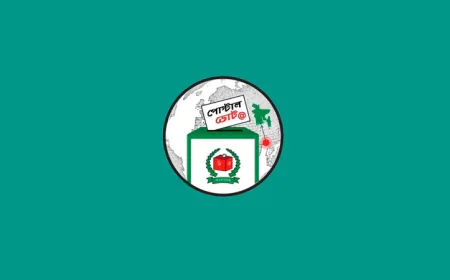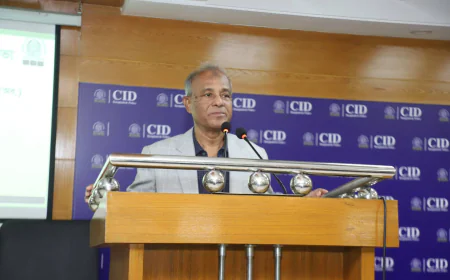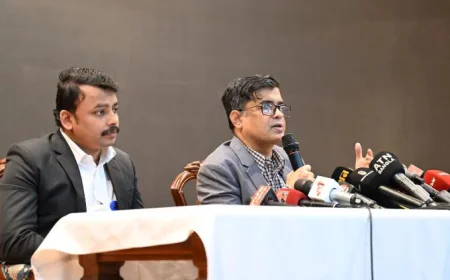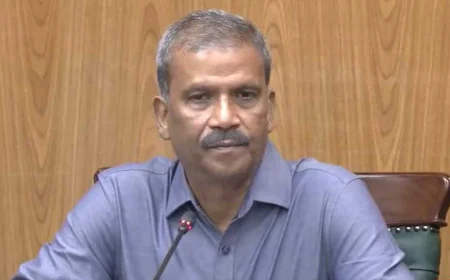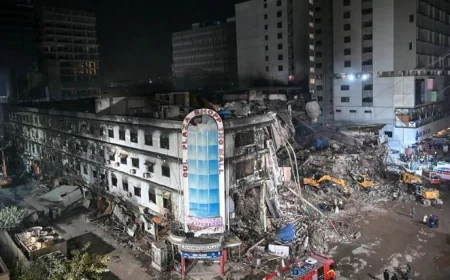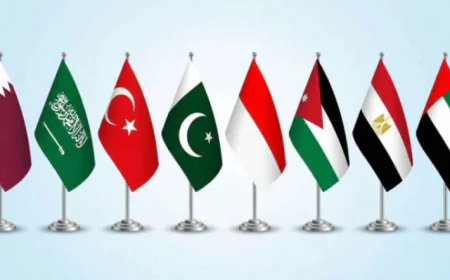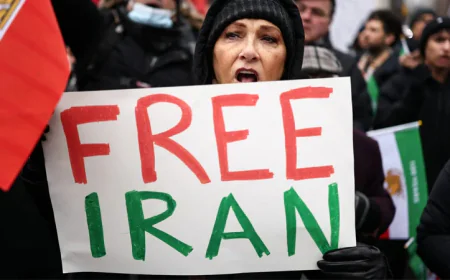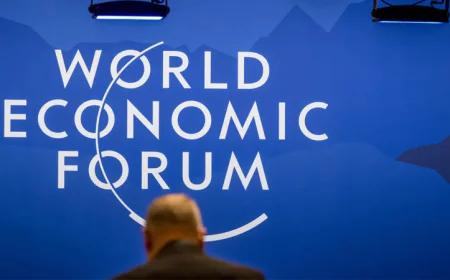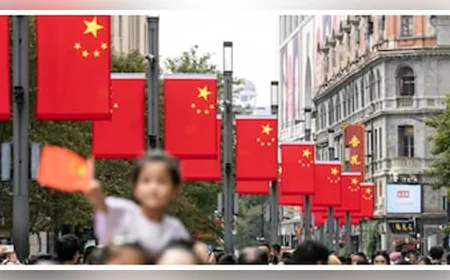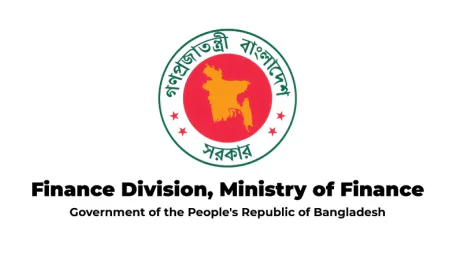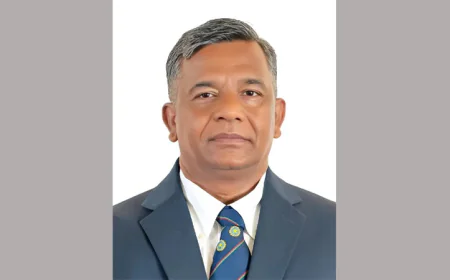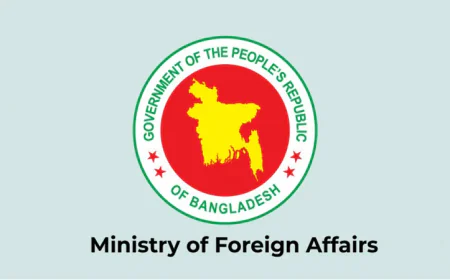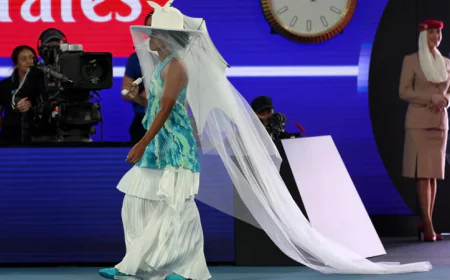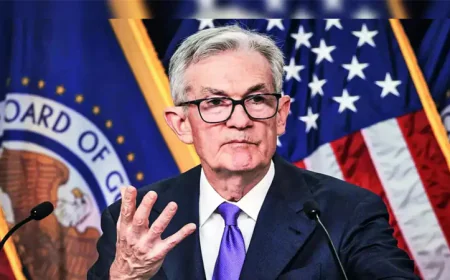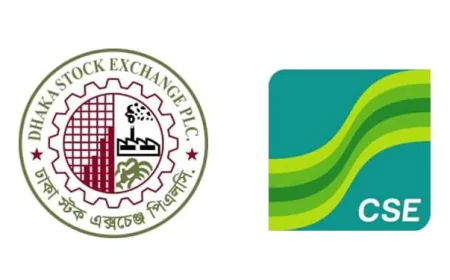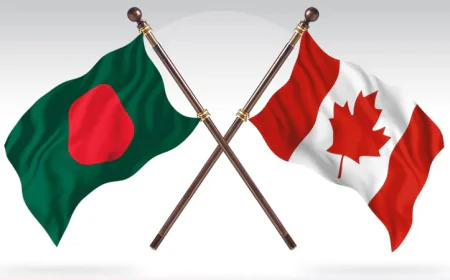ICC Bangladesh Marks 30th Annual Council Meeting

The 30th Annual Council of the International Chamber of Commerce Bangladesh (ICCB) was held today in the capital. Mahbubur Rahman, President of the International Chamber of Commerce – Bangladesh, on behalf of the Executive Board, presented a comprehensive report on the evolving global and national economic landscape and its implications for Bangladesh. As the world continues to face a volatile mix of geopolitical tensions, climate risks, and economic disruptions, the ICCB Council underscored the urgent need for Bangladesh to adapt strategically in order to navigate the complex challenges of 2025. The global backdrop remains unstable—marked by the Red Sea crisis, ongoing conflicts in Ukraine and the Middle East, and a resurgence of economic nationalism, especially following the return of Donald Trump to the U.S. presidency, said a press release. The Council noted that the global economy is expected to grow by just 2.8% in 2025, with the U.S.–China trade war further aggravating uncertainties. Inflationary pressures and protectionist policies risk fragmenting global supply chains—an alarming trend for developing economies such as Bangladesh.
In this context, Bangladesh’s economy faces significant headwinds. The World Bank projects GDP growth to slow to 3.3% in FY2024–25, while the IMF and ADB forecast growth at 3.8% and 3.9%, respectively. High inflation—exceeding 10% overall and 14% for food—combined with declining investment and political uncertainty, has deepened the economic slowdown. A major concern is the fragile state of Bangladesh’s financial sector. Non-performing loans (NPLs) hit a record Taka 3.45 trillion by December 2024, with state-owned banks the worst affected. Nineteen banks have reported a capital shortfall of Taka 1.71 trillion, prompting the interim government to initiate banking reforms, including board dissolutions, bank mergers, and stronger oversight. The ICCB also addressed the implications of Bangladesh’s planned graduation from Least Developed Country (LDC) status by November 2026. With the likely loss of preferential trade terms—especially in the RMG sector—the country risks facing tariffs of up to 11.5% in major markets such as the EU and the UK. The Council emphasized the importance of a transition strategy to safeguard export competitiveness and maintain foreign investment flows.
In addition to banking and trade concerns, the Council highlighted several key challenges: Energy Security: Rising costs from increased reliance on imported fossil fuels and currency depreciation require urgent domestic exploration and investment in renewable; Fiscal Pressure: With a tax-to-GDP ratio below 10%, revenue mobilization remains weak. The restructuring of the National Board of Revenue is expected to improve efficiency and fiscal space; Climate and Food Security: Ranked among the most climate-vulnerable nations, Bangladesh faces serious risks from floods, droughts, and salinity intrusion. Climate change may cut annual GDP growth by 2% if not addressed; FDI and Export Diversification: FDI remains far below regional peers, at $3 billion in 2023 compared to Vietnam’s $39 billion. Export reliance on garments must be reduced by promoting sectors like pharmaceuticals, agro-processing, and IT; Cyber security: As the digital economy expands, the threat of cyber attacks grows. The ICCB urged swift action to strengthen national cyber security infrastructure and regulation; U.S. Tariffs: A proposed 37% tariff on Bangladeshi exports to the U.S. could severely affect RMG exports and job creation. The ICCB suggested forming a task force under the Ministry of Commerce to negotiate fairer trade terms and ensure continuity of access.
Finally, the Council emphasized the potential of the Bangladesh-Bhutan-India-Nepal (BBIN) corridor to enhance regional connectivity and trade. With improved infrastructures and stronger cooperation, BBIN’s combined GDP could reach $8.3 trillion by 2035, positioning Bangladesh as a strategic transit hub. President Mahbubur Rahman reiterated ICC Bangladesh’s commitment to supporting reform, resilience, and regional integration as key pillars for sustainable economic recovery. The Council approved the Auditor’s Report of 2024 and appointed the Auditor for the year 2025. The High Commissioner of Brunei Darussalam, Haji Haris Bin Haji Othman; the Ambassador of the Republic of the Union of Myanmar, U Kyaw Soe Moe; the Chargé d’Affaires of Argentina, Maximiliano Romanello and Senior Economic Officer Asian Development Bank Barun Kumar Dey attended the council meeting as special guests.

